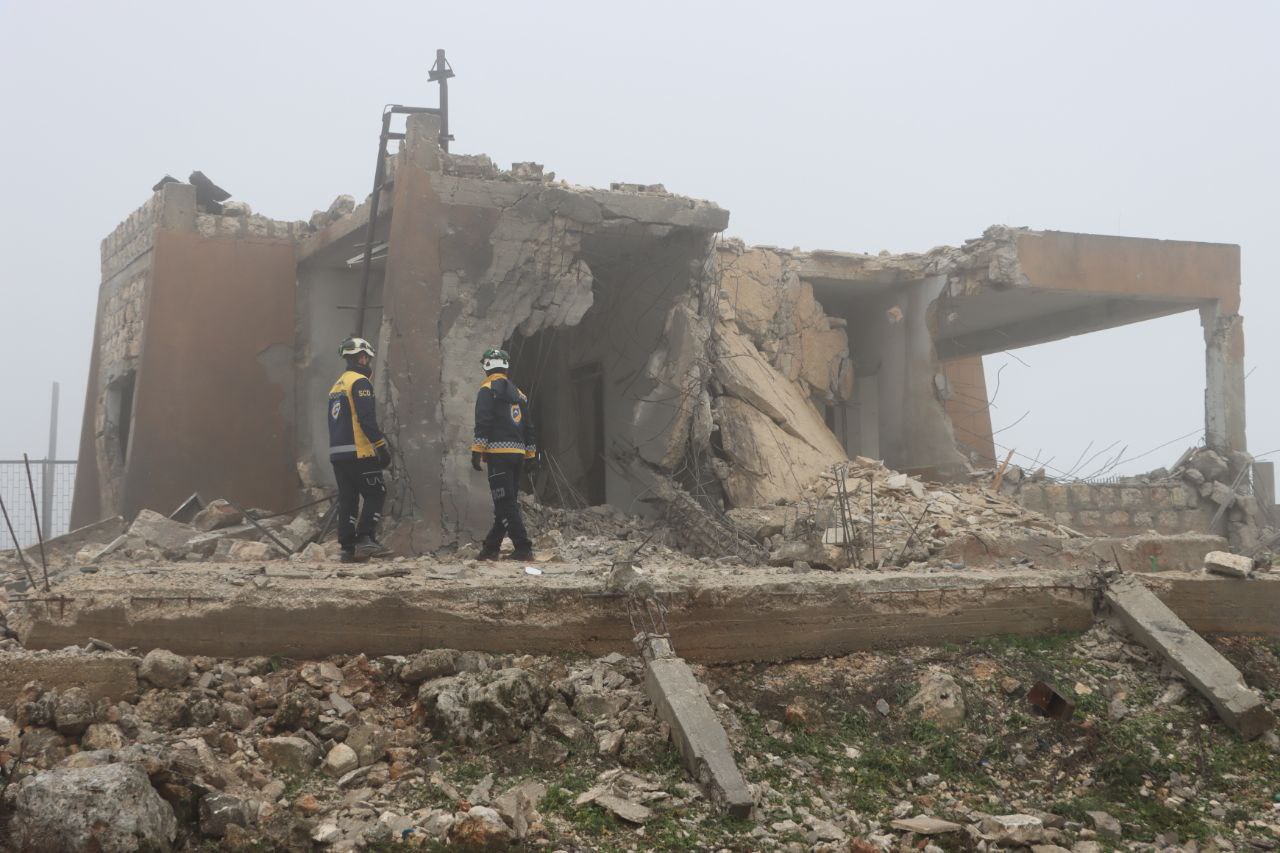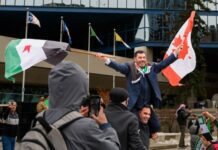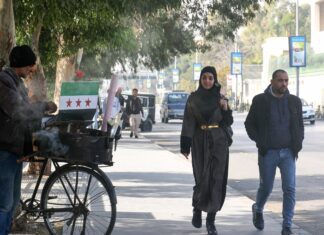
In a significant escalation of tensions, the Iranian-backed militia, the Islamic Revolutionary Guard Corps (IRGC), launched ballistic missile attacks on the northwestern Syrian province of Idlib. Simultaneously, the militia targeted locations in Erbil, northern Iraq, claiming to target “terrorist leaders and gatherings” in Syria linked to the planning of a recent bombing in Kerman, Iran.
According to Lebanon’s Al Mayadeen channel, a media outlet with close ties to Hezbollah, the IRGC’s missiles struck the bases of the “Turkistan Islamic Party” (TIP) in the Jabal Al-Zawiya region and the outskirts of the town of Harem in Idlib’s countryside. The channel alleged that the bombardment aimed at training camps, logistical support headquarters, and medical facilities used by militants associated with the TIP and ISIS-Khorasan.
Al Mayadeen added another layer of complexity to the geopolitical landscape with allegations that the US trains ISIS-Khorasan members in Syria before relocating them to Afghanistan and the Iranian borders for strikes within Iranian territory.
Syria Civil Defense, also known as the White Helmets, reported four powerful explosions in northern Syria around 11:40 pm on Monday, resulting from unidentified shelling. At 12:07 am, they received a distress call reporting two injured individuals in the village of Tel Teta near Kafr Takharim, about 30 km northwest of Idlib. The attack targeted a non-operational clinic in the village, causing extensive damage, with over 60% of the building completely destroyed.
Preliminary inspections revealed that three projectiles hit the facility and its vicinity, causing damage to the roof and the eastern side of the structure. Despite local sources and pro-Syrian government media denying reports of Israeli airstrikes in Aleppo, attributing the sounds of explosions to the shelling in Idlib, the situation underscores the complexity of the region’s conflicts.
The missile attacks by the Iranian-backed militia on Idlib and Erbil mark a dangerous escalation, with the accusations of a US-led “ISIS training program” and denials of Israeli involvement further confusing matters. The repercussions on civilian populations and regional stability raise concerns, emphasizing the need for international attention and diplomatic efforts to de-escalate tensions in the Middle East. However, as of 2023, the ISIS movement is primarily located and operates in central and northeastern Syria, not Idlib in the country’s northwest.








